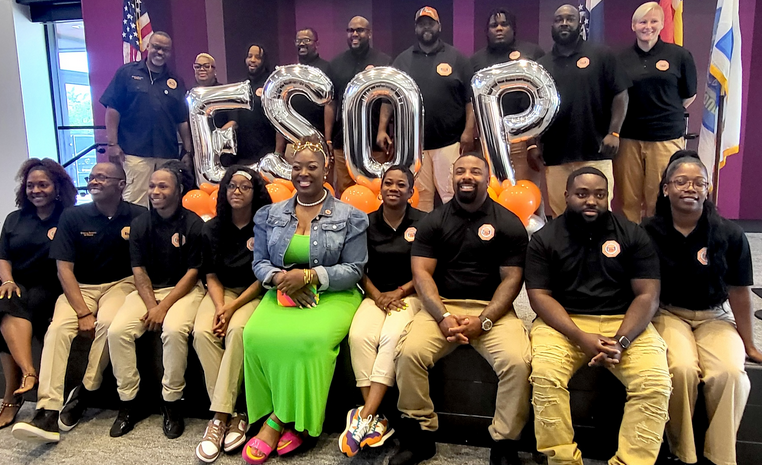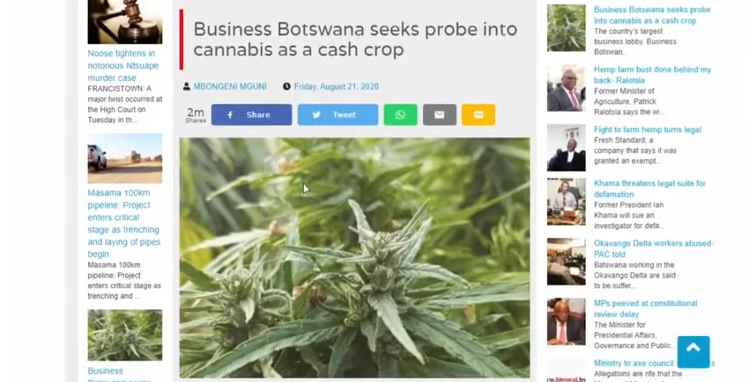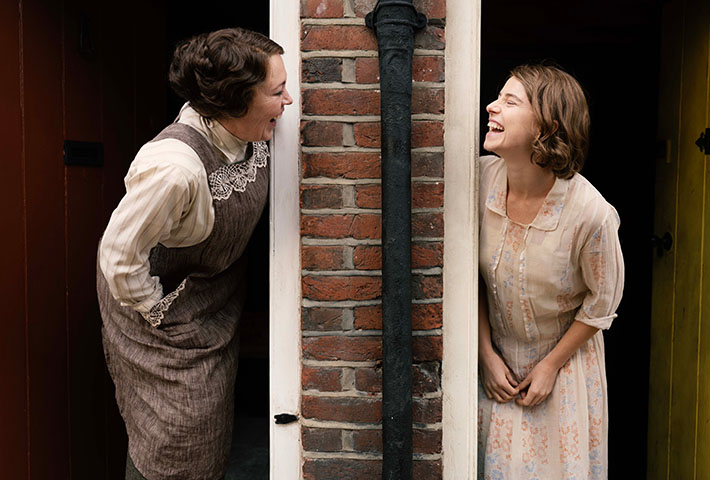Dr. King and Coretta Scott King. Photo: Flickr
I first heard Dr. Martin Luther King, Jr. speak in person on April 19, 1960 at Spelman College’s Sisters Chapel during my senior year in college.
Dr. King was just 31 but he had already gained a national reputation during the successful Montgomery Bus Boycott five years earlier. The profound impact on me of hearing Dr. King that first time is evident in my diary where I repeated long portions of his speech that had vibrated the chords of my freedom- and justice-hungry soul. It is not often that great leaders and great turning points in history converge and sweep us up in a movement.
Dr. King became a mentor and friend. Many children today have come to see him as a history book hero – a larger-than-life, mythical figure. But it’s crucial for them to understand Dr. King wasn’t a superhuman with magical powers, but a real person – just like all the other ministers, parents, teachers, neighbors, and other familiar adults in their lives today. Although I do remember him as a great leader and a hero, I also remember him as someone able to admit how often he was afraid and unsure about his next step. But faith prevailed over fear, uncertainty, fatigue, and sometimes depression. It was his human vulnerability and ability to rise above it that I most remember. “If I Can Help Somebody Along the Way” was his favorite song.
Dr. King’s greatness lay in his willingness to struggle to hear and see the truth; to not give into fear, uncertainty and despair; to continue to grow and to never lose hope, despite every discouragement from his government and even his closest friends and advisers. He would say: “Take the first step in faith. You don’t have to see the whole staircase, just take the first step.” That first time I heard him at Spelman he told us to always keep going: “If you cannot fly, run; if you cannot run, walk; if you cannot walk, crawl. But keep moving. Keep moving forward.”
Ten years ago I wrote a letter to Dr. King in my book The Sea Is So Wide and My Boat Is So Small: Charting a Course for the Next Generation. I rewrite just a small part of it here:
Although you have been gone fifty years, you are with me every day. We have made much but far from enough progress in overcoming the tenacious national demons of racism, poverty, materialism, and militarism you repeatedly warned could destroy America and all of God’s creation. So I wanted to write you a letter on what we have done and still have to do to realize your and America’s dream. What a privilege it was to know, work with, and learn from you in the struggle to end racial segregation, discrimination, and poverty in our land.
Just as many Old and New Testament prophets in the Bible were rejected, scorned, and dishonored in their own land in their times, so were you by many when you walked among us. Now that you are dead, many Americans remember you warmly but have sanitized and trivialized your message and life. They remember Dr. King the great orator but not Dr. King the disturber of unjust peace. They applaud the Dr. King who opposed violence but not the Dr. King who called for massive nonviolent demonstrations to end war and poverty in our national and world house.
They applaud your great 1963 “I Have a Dream” speech but ignore the promissory note still bouncing at America’s bank of justice, waiting to be cashed by millions who are poor and non-White. And they forget your repeated nightmares: the deaths of the four little girls in the Birmingham church and of three young civil rights workers in Mississippi’s Freedom Summer and others across the South; the cries for Black Power begun during James Meredith’s March Against Fear that you and others completed after he was shot; the growing violence in urban ghettos in southern and northern cities; the horrible, relentless violations of your human rights by FBI director J. Edgar Hoover; the storm of criticism that greeted your opposition to the Vietnam War, which you saw was stealing the hopes and lives of the poor at home and in that poor country; the outbreak of violence in a Memphis march you led in support of garbage workers; and the resistance to your call for a Poor People’s Campaign to end the poverty then afflicting 25.4 million Americans, including 11 million children. We now have more than 40 million people who are poor in America including more than 13.2 million children although our gross domestic product (GDP) is more than three times larger than in 1968. And the income gap between rich and poor in the United States continues at historically high levels and higher than in every other wealthy industrialized nation.
But you struggled on as the civil rights leadership splintered, as White Americans tired of Black demands, and as the country became preoccupied with Vietnam. I marveled every night during the long Meredith March from Memphis to Jackson at your patient discussions with Stokely Carmichael and Willie Ricks and other SNCC leaders who wanted to exclude Whites from the movement and push you to endorse all necessary means for change, including violence. You listened as they vented their justified frustrations about the slow pace of racial progress and you tried to reason with them, repudiating their proposed “Black Power” slogan and strategies without repudiating them. You taught me and others of your followers how to parse out the good from the not so good, and to always seek common ground. And when you had no immediate solution you gave others the courtesy of a respectful hearing.
In the years between Montgomery and Memphis, you listened, learned, grew, and spoke the truth about what you discerned, and resisted those who sought to ghettoize your concern for social justice and peace. After your opposition to the Vietnam War provoked a firestorm of criticism by Whites, Blacks, friends, and foes, you correctly asserted that “nothing in the commandments you believed in set any national boundaries around the neighbors you were called to love.” Black people told you to be quiet, not anger President Johnson and jeopardize his support for civil rights and antipoverty efforts. White people told you to be quiet because you were not an expert on foreign policy, as if Black leaders and citizens had no stake in a war tearing our nation apart and taking disproportionate numbers of Black children’s lives, forgetting it was the “experts” that got us into this ill-fated war in the first place. Some contributors deserted you as you called not only for an end to the Vietnam War but for a fairer distribution of our country’s vast resources between the rich and the poor. Why, they asked, were you pushing the nation to do more on the tail of the greatest civil rights strides ever and challenging a president who already had declared a war on poverty? You understood that our nation’s ills went deeper …
You blessed America with your rich faith, spiritual traditions, and prophetic preaching. You gave us your deep and abiding love and lifelong commitment to nonviolence. You shared your moral clarity and courageous truth telling. You left us your unrelenting commitment to justice for the poor and every one of God’s children. You showed us the way through your example and call for massive nonviolent action in the service of justice and peace. And you gave us your life.
Thank you. We will carry on.
Marian Wright Edelman is President of the Children’s Defense Fund whose Leave No Child Behind® mission is to ensure every child a Healthy Start, a Head Start, a Fair Start, a Safe Start and a Moral Start in life and successful passage to adulthood with the help of caring families and communities. For more information go to www.childrensdefense.org






